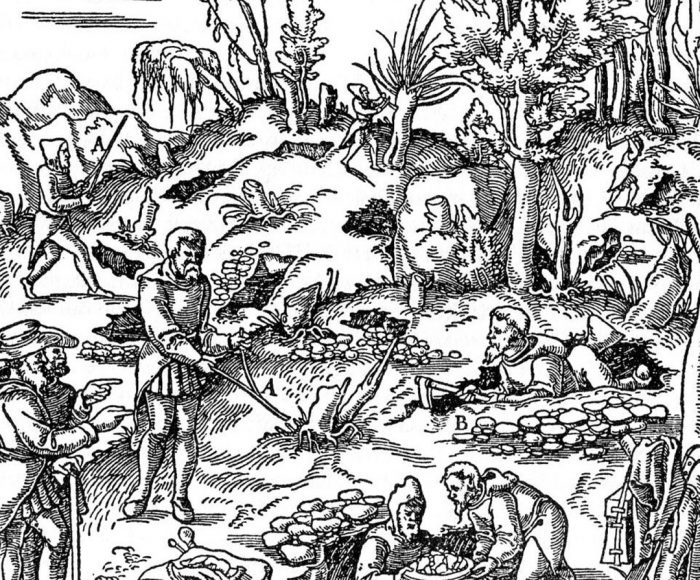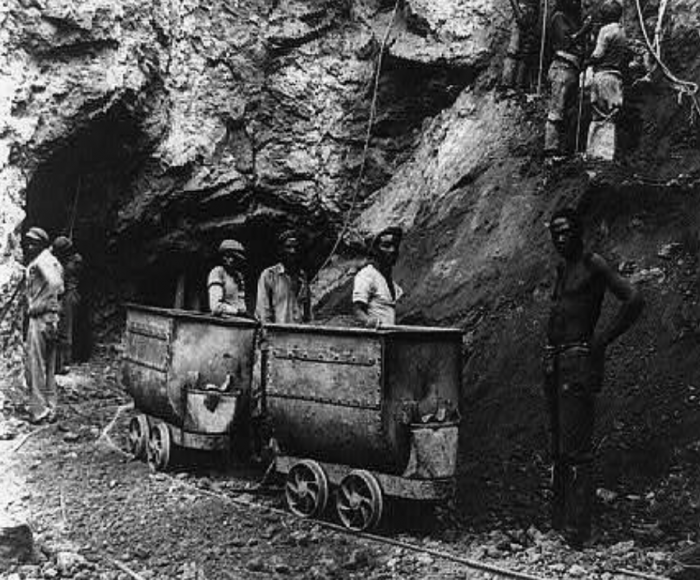When Covid-19 kept us all in our homes Irini and I discussed a series of online events on the theme of “money and environment” using FutureEverything’s online space Future Focus launched when our lives were restricted to our homes. So far, we have organised three successful events, the last one involving a micro-commissioning of an interactive fiction artwork by William Drew, co-funded by Mozilla Festival. Each event involved a multi-disciplinary panel discussing the following topics and then interacting with the online audience through Q&A: “environmental impact of money creation in its physical and digital forms,” “economy, environment and ethics,” and “societal value of the financial concepts of uncertainty and risk as applied to climate emergency.”
The Money and Environment project is a response to the global mobilisation of finance through various channels to deploy the global collective savings of people it manages for the good of ecology, climate, and society. The financial sector, after having caused one of history’s most damaging crises in 2007, has been trying to evolve as an ethical force for humanity. Modern finance’s power emanates from its size and its all-encompassing logic that are a specific historical phenomenon resulting contradictorily from increasing economic precariousness of ordinary people under contemporary economic policies, who save big chunks of their income for their ever-postponed retirement and borrow heavily to save the day today. Hence, when the financial sector and financial regulators announce their commitments to fight climate risk and to green the economy -like the private financial institutions led by an ex-central banker Mark Carney did in the last COP26 in Glasgow by pronouncing a seemingly gigantic USD 130 trillion for this purpose- they offer the size of finance, the number of big financial institutions involved as axiom for success. The credibility of the money’s environmental narrative is equated to its quantitative properties. This size, then, is formatted and nuanced for specific ecological and social targets by quantitative risk and return algorithms esoteric to the society and are embedded in a knowledge and value system that often cause crises and socio-economic destruction.
In this context and in the face of climate and ecological emergencies the Money and Environment Project aims to explore the possibility of a humanities-based financial and economic knowledge and globally shared/created societal values in business. The recent rise in the number of greenwashing cases in corporate world that colour the pages of financial media, and the financial world’s public acknowledgement of and insistence on its short-term interests at the expense of long-term societal needs for environmental causes – like in the cases of HSBC and Blackrock, two giant financial institutions that manage money at multiples of the world’s largest economies- necessitate urgent societal engagement with the financial world on a series of issues like values, knowledge, risk, return, common good, etc. regarding climate and environment.




